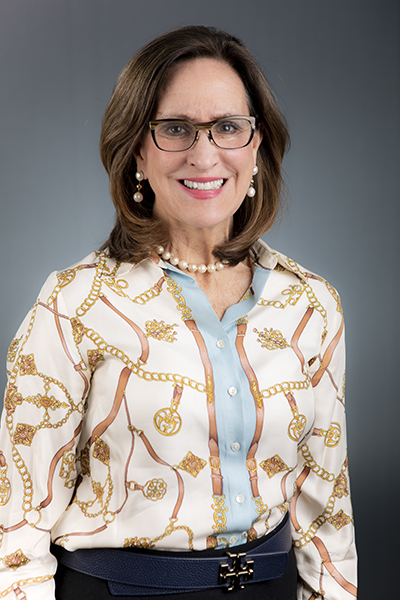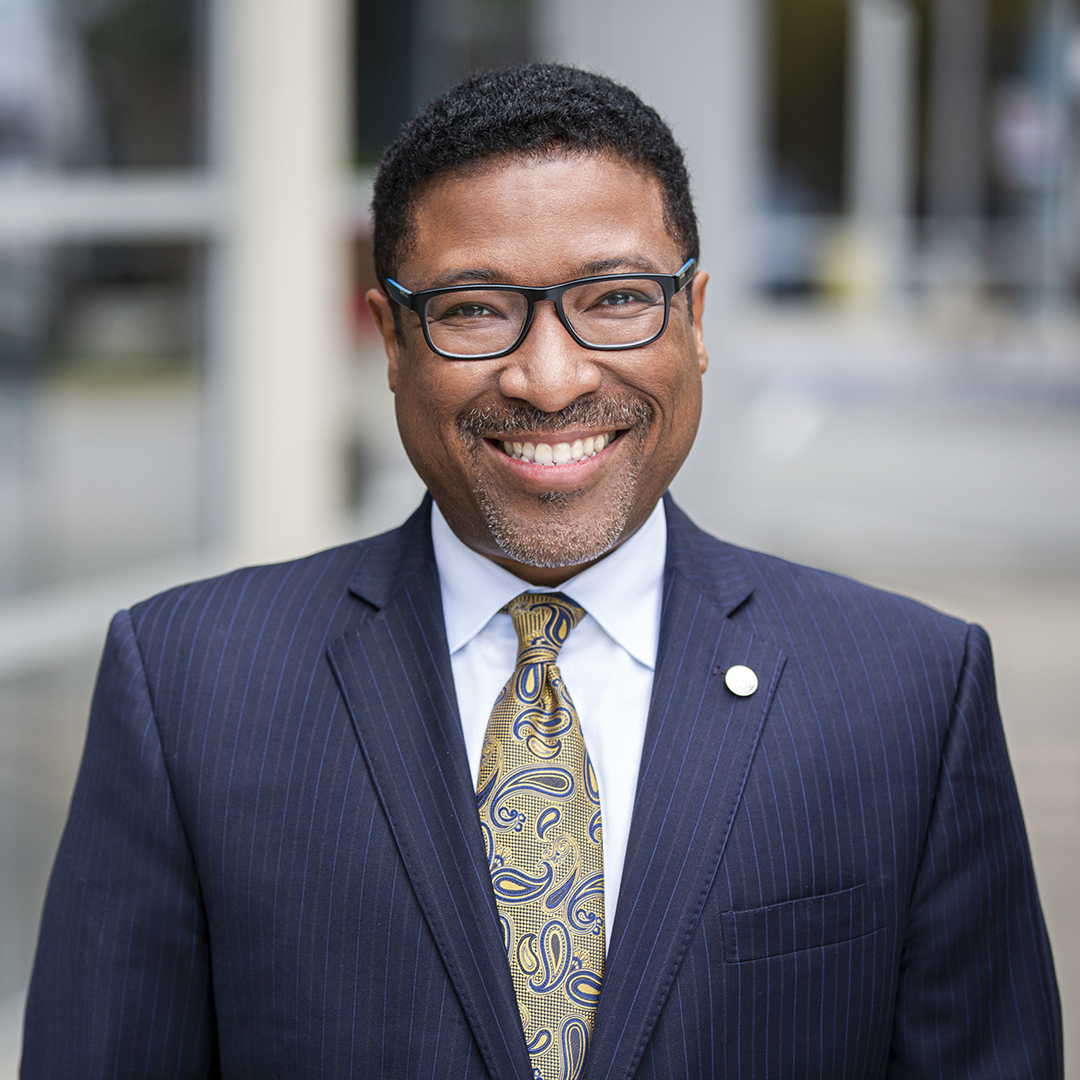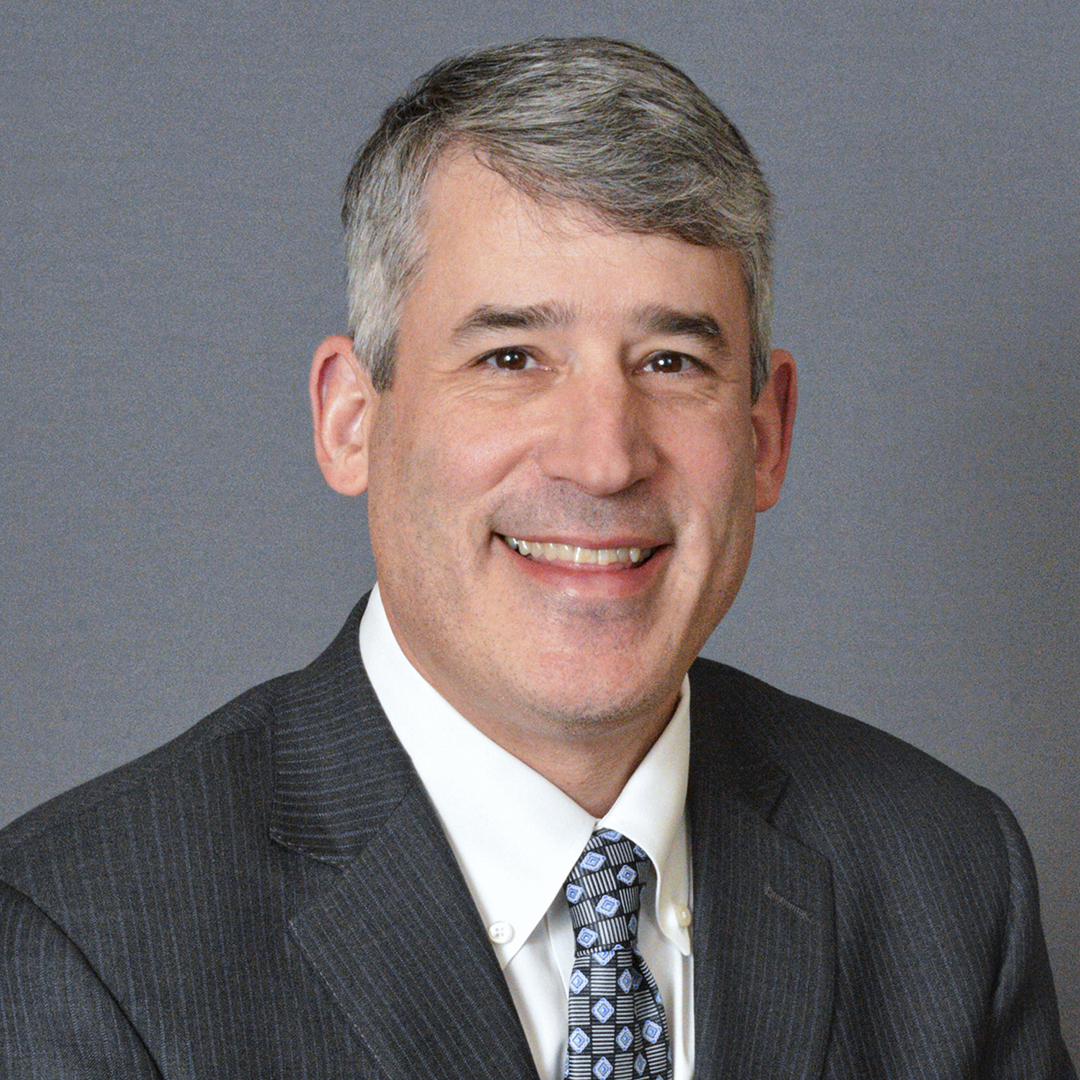Cigna is one of the premier health services companies in the United Sates, and Mary Agoglia Hoeltzel, Cigna’s senior vice president of tax and the global chief accounting officer, spearheads the Fortune 20 company’s finance technology infrastructure, and financial reporting. Cigna generates more than $150 billion in annual revenues and manages assets valued at close to $155 billion—a number that has more than doubled throughout Hoeltzel’s tenure.

In 2019, Hoeltzel led the finance integration of Cigna’s acquisition of Express Scripts, a pharmacy benefit management organization, for $67 billion. Hoeltzel was tasked with both the hard and soft aspects of the integration, which included leading the integration of two separate corporate cultures along with the integration of new reporting and ledger systems.
“The people side is most challenging,” Hoeltzel says. “Bringing together two different companies, with two different cultures, we had to learn to collaborate with each other.” Hoeltzel and her team has worked hard to integrate the ledger system and to re-segment the business, but as they continue to move into 2020, there’s a lot of work yet to be done.
“We have a significant list of initiatives in terms of making our operations more effective and efficient,” Hoeltzel says. Expanded automation, improved communications, and empowering the team are some of the key initiatives that will be addressed in the coming decade.”
Before arriving at Cigna, Hoeltzel worked as a vice president and CFO at GE. She earned her CPA in 1995, a time when “the number of women in finance were about half a percent,” Hoeltzel says. Despite significant progress, women still only make up about 12 percent of finance jobs in the United States.
As such, in her current position, Hoeltzel is also dedicated to shaping Cigna’s culture, especially with regard to diversity initiatives.
“We aim to change today’s statistics,” Hoeltzel says. “Only about one in five C-suite leaders is a woman, and one in twenty-five is a woman of color.”
Throughout her career in finance, Hoeltzel has noted that a lack of female role models has been a substantial challenge for many women trying to climb the ladder.
According to Hoeltzel, however, with more women populating the top of the pyramid, the ripple effects are significant—but a concerted effort by decision makers at the top is still critical. Cigna is keenly aware of the fact that organizations are most effective when they embrace and encourage diversity, Hoeltzel says, but there is always room for improvement. Under Hoeltzel’s leadership, Cigna has done more to embody and recognize the value of diversity.
“We aim to change today’s statistics. Only about one in five C-suite leaders is a woman, and one in twenty-five is a woman of color.”
In November, Hoeltzel launched ASPIRE, a “women in finance leadership council” designed to bring women at Cigna together for networking, coaching, and mentorship. ASPIRE, an acronym, stands for “accelerate your network,” “strategic mind-set,” “project confidence,” “influence others,” “realize your value,” and “elevate your communication.”
According to Hoeltzel, the response from women throughout the company has been overwhelmingly positive. The group offers a structured space for mentorship so that the women can hone their leadership skills and develop key leadership competencies, learn how to deal with difficult bosses, and navigate tough problems.
“We just wanted to give women a chance to network with one another, share their stories, and help them develop into leaders who want to stay and grow here at Cigna,” Hoeltzel says. “When there aren’t that many of us, it can be kind of isolating.” ASPIRE aims to create a forum for meaningful connections to reduce that isolation and, in the process, make tangible cultural improvements throughout the company.
“We believe that diversity in leadership breeds innovation,” says Hoeltzel.
According to data that Cigna employed in its founding of ASPIRE, an organization with 30 percent female leadership can increase their net margin by 6 percentage points.
This highlights a key tenet of Hoeltzel’s philosophy. Improving work culture is not just about doing what is right—it’s also about productivity. Hoeltzel acknowledges that, at the end of the day, Cigna is still a meritocracy. However, there are simple ways to consciously encourage diversity—such as slating diverse candidates for interviews—that naturally lead to a diverse meritocracy.
Given the scope of Hoeltzel’s role, a leadership style characterized by empowerment is critical. “I don’t micromanage because I have great people working for me,” says Hoeltzel. “I provide clear directions on what needs to be done and, if they need help, I’m available and I will get them the support they need.”
Through financial, structural, and cultural initiatives, Hoeltzel has thoroughly altered Cigna’s course.


